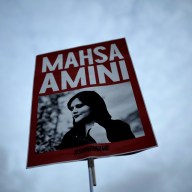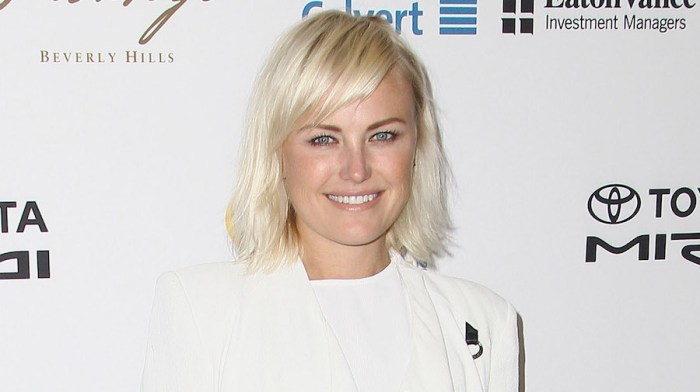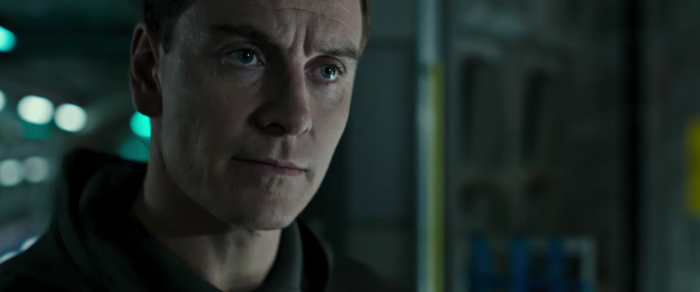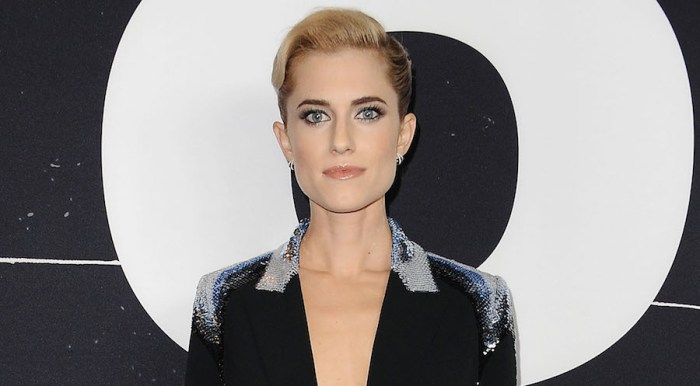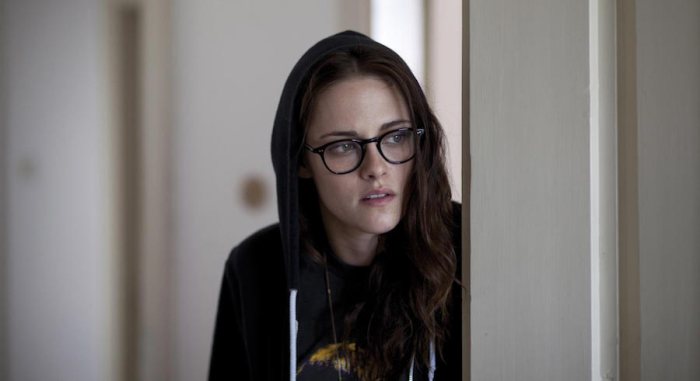Woody Allen doesn’t often do press and, given some of the accusations over the last year and a half, understandably so. He will, occasionally, not always, do a press conference. He did one last year in New York for “Magic in the Moonlight,” and he did one for its follow-up, and his 47th feature, “Irrational Man,” which reunites him with Emma Stone and adds newbs Joaquin Phoenix, Parker Posey and Jamie Blackley to the fold. It’s another tale of murder, with Phoenix’s bored philosophy professor hatching what he thinks is the perfect, guilt-free assassination. Killing comes up in the conference, as does his famously hands-off way with actors, which can get so extreme he might not even know who they are, even if they’re Bruce Willis. (Willis will shoot Woody’s next picture, starting in August, alongside Jesse Eisenberg, Kristen Stewart, Blake Lively and Jeannie Berlin.) Woody, with Posey and Blackley, held court at New York’s Palace Hotel. Here’s the funniest, most revealing and most self-deprecating things he said:
People finding “’Irrational Man’ funny: This is a serious picture, but people find amusing things in it. I didn’t put them in there. There’s the old George S. Kaufman story: the guy goes out there and makes a drama. And it succeeds as a comedy; it’s a tremendous hit as a comedy. People come in thinking it’s me so I intended it as a comedy. I didn’t, so I screwed up. … To me it’s serious from start to finish. I thought that with ‘Match Point.’ When I showed it at the Cannes Film Festival, the audience was laughing in spots. And I couldn’t figure out what they were laughing at. So maybe they give me credit for being amusing when I’m being inept.” What’s in a name: “The original title was ‘Crazy Abe.’ Sony begged me not to use that: ‘Everyone will think it’s a comedy, for sure.’ And I thought ‘Crazy Abe’ was a great title. But we went though a lot of titles, many of them pretentious and philosophical and dreadful. They would drive people away from the movie house.” On Parker Posey: “The second I saw her I thought she was absolutely perfect for it. It turned out she was better than perfect. Her contribution to the role was far in excess of what I wrote. Very often you write a character and it’s OK. And then you luck out and get an actor or actress who brings something to it. You get the credit for it as the writer and director, but the truth is the actor has brought some kind of flare or personality to it, well above and beyond the relatively bland character that you wrote.” More on Posey, and other actors: “She had a great career before me, she’ll have a great career after I’m out of her life. All I can do is not screw them up. I’m working with Cate Blanchett or Parker or Emma — these people are all doing fine without me. They come in and I just don’t want to helicopter mother them. Let them do their thing, don’t ruin them. But there’s nothing to learn.” Not knowing Blake Lively, or even Bruce Willis: “Sometimes I know the person’s work, but very often I don’t. … I didn’t know much about Blake Lively or Bruce Willis, really. I didn’t know much about him. I’d seen some of his movies. The very few things I’d seen he was very good in. I saw him in the Tarantino movie, he was very, very good. Again, you’re hiring professionals who work all the time and are great. If they look right for the part and smell right, you don’t have to get them to act. They’ll act. Get out of their way. And if you have to get them to act here and there, you can, with a few deceptive words.” On “Crimes and Misdemeanors,” another Woody film about murder: “That picture is interesting. That was a split picture. There was a comedy story going on that I was playing, and there was the serious story that Martin Landau was playing. When I finished editing the movie I regretted tremendously that my story was in there. If I had the material I would have gotten me out. Because the story with Martin Landau was fascinating. It was great, the story was riveting. Then you come back to me and, you know, it just wasn’t as interesting to me. I would have made if a full murder drama if I had the foresight.” On justifying murder (or trying to): “Murder’s used as a common denominator throughout history for getting things done efficiently. Just the other day I read in The New York Times that the assassination of Yitzhak Rabin was one of the most effective assassinations. You can make an argument. Now I would always refute that argument, because there’s something inside you, it’s pre-intellectual, that tells you you can’t do that. Joaquin can make all the arguments in the world that are more intelligent than Emma’s. But there’s something inside Emma that’s pre-cerebral that tells you you just can’t do that. And she’s right.” Murder as a pet subject: “For some reason when I was a little kid I was really preoccupied with a few subjects: one was magic, another was baseball, another was crime. I knew all the gangsters and all the criminals and all the murderers. I knew everything about them, their nicknames, what they were in for, every guy in Murder Incorporated. Everything I learned I learned from reading murder books or watching Alfred Hitchcock. I was just a fan. I never murdered anybody or really thought about murdering anybody. I mean, I thought about murder people, but never seriously. Once in awhile, if you can’t sleep at night and you’re lying awake at 3 o’clock in the morning and you can’t get back to sleep, there are various things you think of. One thing people think of, or at least I do, is the perfect murder. It puts you to sleep to think, ‘Inject the tomato with the cyanide…’” On choosing music: “For me it’s always the best part of making a movie. I edit the movie and it’s all together, and I go to the other room and get my extensive collection of records. And I put something on. I always have some idea of what I want, which could be completely out of line. You put on Mozart and you think this is going to be perfect. And it’s not, it’s terrible. Or you luck out and it’s perfect. But more often than not it’s not quite right. So you try Louis Armstrong or you try something else. Here, you put on Ramsey Lewis [namely “The ‘In’ Crowd”] and suddenly [snaps] the scene just comes to life. It happens in spite of you.” His legacy, in his words: “I don’t see any evidence of an influence by me. I don’t say this with any disappointment. I really don’t care. I see Martin Scorsese influencing everyone, and deservedly so, he’s fabulous. I don’t see myself as an influence anywhere. When other people are interviewed about films they like and directors that have influenced them, my name never comes up. That is fine. I’m not looking for that. I just want to make my films and put them out there and be left alone. … I don’t see myself as a factor in motion picture history. I see myself as getting the Cy Young Award. He won 511 games. A quantity award. Big deal. I’ve had good health and longevity.” Not dying: “I’m trying to live long. I’ve given up all the joys in life. The chocolate, the spare ribs, the things that really make life worth living. And you give them up because you have the illusion if you don’t you’re going to live longer. Maybe you will, but I don’t even know about that. My father lived to 100. He smoked Chesterfields every day, he at two eggs every morning, he ate ribs, he ate ice cream, never gave a moment’s thought. And possibly the insouciance towards his own health preserved him. If he was a worrywort like me he would have knocked 10, 20 years off his life.”
11 Woody Allen-y things Woody Allen said at the ‘Irrational Man’ presser
Follow Matt Prigge on Twitter @mattprigge







